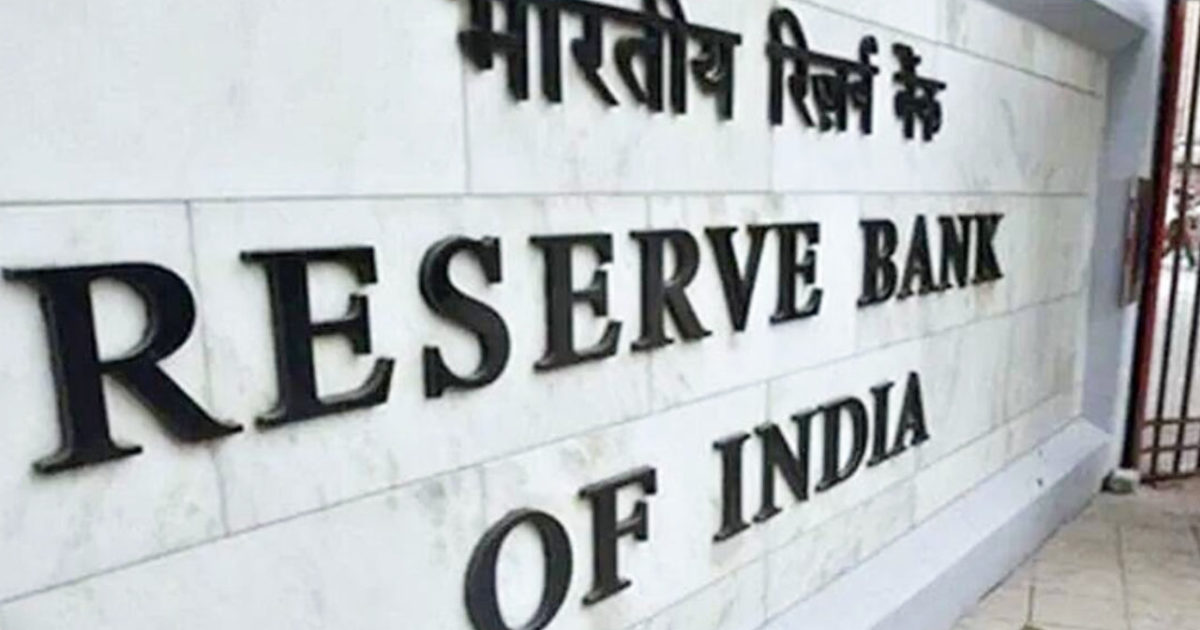India’s central bank, the Reserve Bank of India (RBI), has warned about multiple risks cryptocurrency poses to the country’s financial stability. “They are also prone to frauds and to extreme price volatility,” the apex bank claims, stressing that “cryptocurrencies pose immediate risks to customer protection and anti-money laundering (AML) / combating the financing of terrorism (CFT).”
RBI’s Assessment of Cryptocurrency
India’s central bank, the Reserve Bank of India (RBI), published its biannual Financial Stability Report (FSR) last week. The 144-page document includes a section on “private cryptocurrency risks.” The term “private” refers to all cryptocurrencies that are not issued by the RBI, including bitcoin and ether.
The central bank wrote:
The proliferation of private cryptocurrencies across the globe has sensitized regulators and governments to the associated risks.
“Private cryptocurrencies pose immediate risks to customer protection and anti-money laundering (AML) / combating the financing of terrorism (CFT),” the RBI stressed.
In addition, the central bank noted: “They are also prone to fraud and to extreme price volatility, given their highly speculative nature. Longer-term concerns relate to capital flow management, financial and macroeconomic stability, monetary policy transmission, and currency substitution.”
The report also references the finding of the Financial Action Task Force (FATF) which states that “the virtual asset ecosystem has seen the rise of anonymity-enhanced cryptocurrencies (AECs), mixers and tumblers, decentralized platforms and exchanges, privacy wallets, and other types of products and services that enable or allow for reduced transparency and increased obfuscation of financial flows.” The RBI emphasized:
New illicit financing typologies continue to emerge, including the increasing use of virtual-to-virtual layering schemes that attempt to further muddy transactions in a comparatively easy, cheap and anonymous manner.
Noting that the market capitalization of the top 100 cryptocurrencies has reached $2.8 trillion, the RBI warned that “In the EMEs [emerging market economies] that are subject to capital controls, free accessibility of crypto assets to residents can undermine their capital regulation framework.”
The report also addresses decentralized finance (defi), which “has recently been flagged by the Bank of International Settlements (BIS) as carrying the danger of concentration of power,” the Indian central bank pointed out, adding:
The rapid growth of decentralized finance (defi) is geared predominantly towards speculation and investing and arbitrage in crypto assets, rather than towards the real economy.
The RBI added that the limitation of AML and know-your-customer (KYC) provisions, “together with transaction anonymity, exposes defi to illegal activities and market manipulation and poses financial stability concerns.”
The Indian central bank has repeatedly said it has major and serious concerns about cryptocurrency. In its recent meeting of the central board of directors, the RBI called on the government to completely ban cryptocurrency, stating that a partial ban will not work.
Meanwhile, the Indian government has delayed introducing a cryptocurrency bill. A bill was listed to be considered in the winter session of parliament but it was not taken up. The government is now reportedly reworking the bill.
What do you think about India’s central bank’s warning about cryptocurrency? Let us know in the comments section below.
Image Credits: Shutterstock, Pixabay, Wiki Commons
Disclaimer: This article is for informational purposes only. It is not a direct offer or solicitation of an offer to buy or sell, or a recommendation or endorsement of any products, services, or companies. Cryptox.trade does not provide investment, tax, legal, or accounting advice. Neither the company nor the author is responsible, directly or indirectly, for any damage or loss caused or alleged to be caused by or in connection with the use of or reliance on any content, goods or services mentioned in this article.




